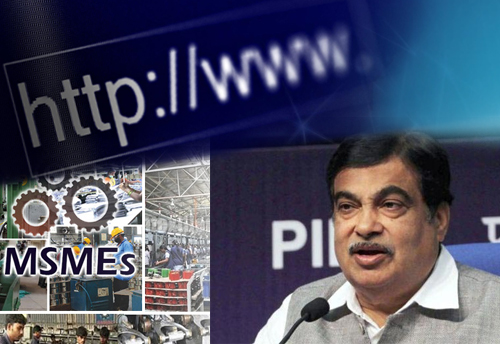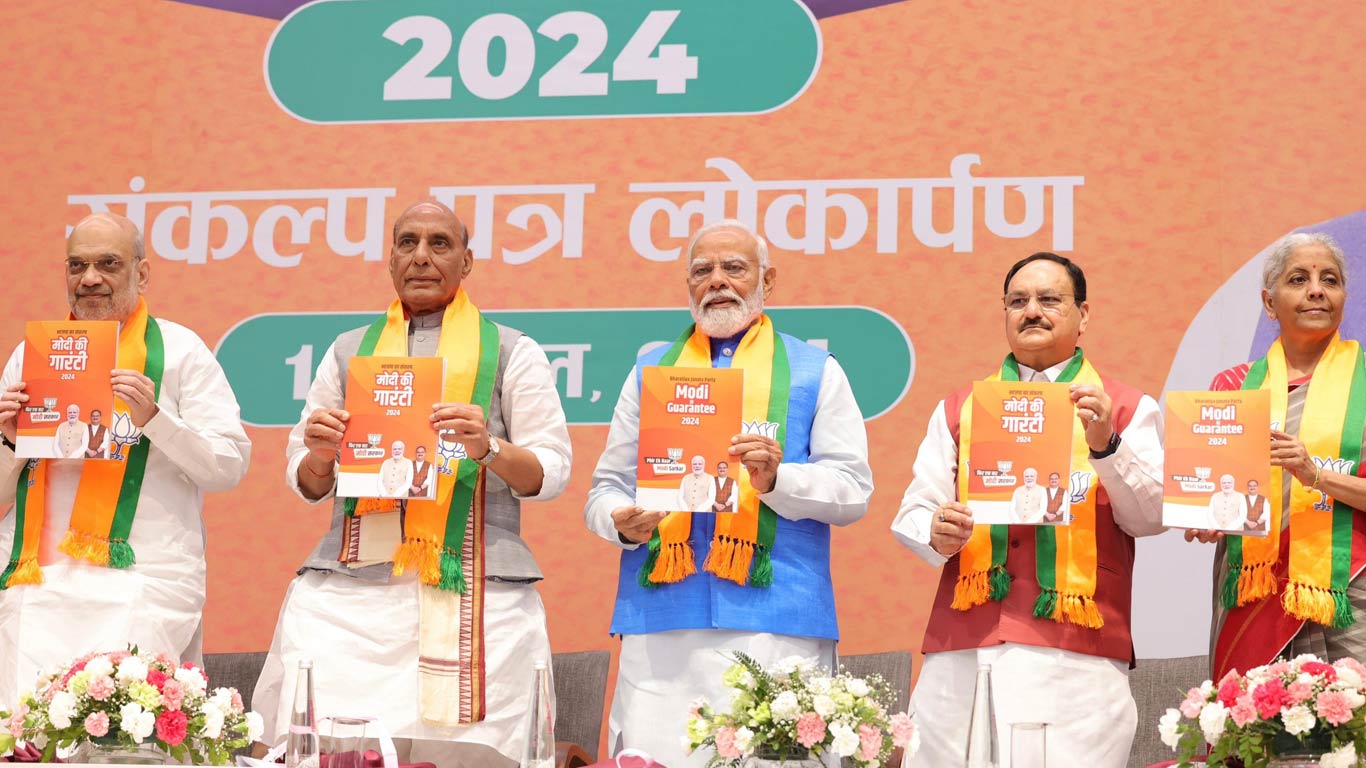Govt working with SBI to launch e-portal for MSMEs: Nitin Gadkari
Updated: Jan 21, 2021 07:58:08am

Govt working with SBI to launch e-portal for MSMEs: Nitin Gadkari
Mumbai, Jan 21 (KNN) The government is working with State Bank of India (SBI) to launch an E-portal for Micro, Small and Medium Enterprises (MSMEs) to sell their products, on the lines of Amazon, said MSME Minister Nitin Gadkari.
"Today, Amazon generates Rs 70,000 crore revenue for small enterprises in India annually. In order to protect the interest of MSME vendors, the government has mandated public sector undertakings to settle dues within 45 days of sale. We are also planning to introduce legislation to ensure prompt settlement of MSME dues,” Gadkari said this at a discussion organised by Mumbai-based All India Association of Industries (AIAI) on Wednesday.
Gadkari reiterated the aim of the government to increase the share of MSME sector in total exports from the current 48 to 60 per cent in the years to come.
''Indian MSMEs should compete with global brands by forming joint ventures with start-up enterprises or through technology transfer from premier institutions such as IITs and IIMs,'' he added.
Commenting on the recently launched Khadi Prakritik Paint which is made of cow dung, the Minister said that it meets global and yet is 50 per cent cheaper than established brands.
“Small enterprises can produce this cost-effective paint with a capital investment of Rs 15 lakh. The government is providing 7-day entrepreneurship training for cattle owners on how to monetize livestock waste products such as cow dung and urine. Cattle owners can generate up to Rs 4500 a month by selling cow dung and cow urine at the prevailing price of Rs 5 per kg dung and Rs 10 per litre urine,” he said.
He further said that the government is also working on increasing the turnover of the village industry from Rs. 80,000 crore today to Rs 5 lakh crore in two years.
“The mission of our government is to eradicate poverty by creating more jobs in rural, agricultural and tribal segments of our society,” he added.











